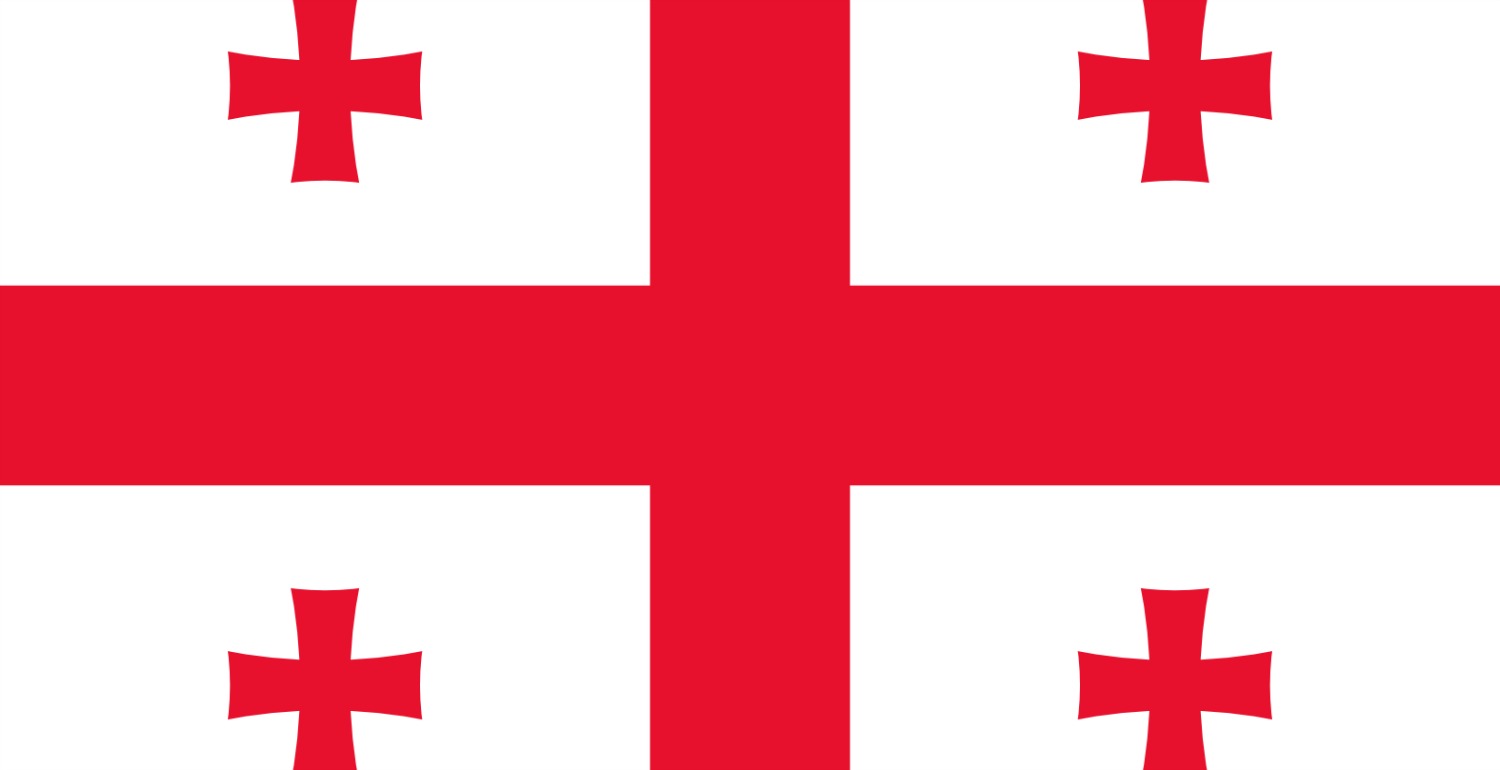On April 9, 2000, Georgia held a presidential election. According to the Central Election Commission, turnout was almost 76 percent. Incumbent President Eduard Shevardnadze won reelection with about 80 percent of the vote. Former Communist Party boss Jumber Patiashvili came in second, with 16.6 percent. The other candidates on the ballot were largely irrelevant.
Though Shevardnadzes victory was anticipated, it remained unclear until election eve whom he would defeat. Batumi Alliance leader Aslan Abashidze, boss of the Autonomous Republic of Ajaria, had announced last year plans to mount a presidential race, but many expected him to drop out, as he had no real chance of winning. By threatening a boycott, Abashidze won concessions from the CUG on the election law, but his overall strategy collapsed when his Batumi Alliance colleague, Jumber Patiashvili, announced plans to run against Shevardnadze no matter what. One day before the election, Abashidze withdrew, leaving Patiashvili as Shevardnadzes only serious contender.
The OSCEs Office for Democratic Institutions and Human Rights election observation mission began its assessment by stating that considerable progress is necessary for Georgia to fully meet its commitments as a participating state of the OSCE. Among the problems in the election, ODIHR noted, inter alia, the authorities support for the incumbent, the failure of state media to provide balanced reportage, and the dominant role of the CUG in election commissions at all levels. While voting was generally conducted calmly, the counting and tabulation procedures lacked uniformity and, at times, transparency. The ODIHR also observed ballot stuffing and protocol tampering.
Shevardnadzes prospects for resolving the conflict in Abkhazia are bleak and he has little reason to expect help from Russia. Since the beginning of Russias latest campaign against Chechnya, Moscow has accused Tbilisi of allowing or abetting the transit of Chechen fighters through Georgian territory. These allegations also aim to pressure Georgia in negotiations about the withdrawal of Russias four military bases. High-level Russian political and military figures have made it plain that Moscow will try to retain the bases and will reassert its interests in the region to counter gains by Western countries, especially the United States.
Tbilisi will need help from the United States in resisting a newly aggressive Moscow. Eduard Shevardnadze has long enjoyed good relations with Washington, which gratefully remembers his contribution as Soviet Foreign Minister to ending the Cold War peacefully. The United States has provided substantial assistance to Georgia and backed Shevardnadze morally as well. Presumably the congratulations tendered at the beginning of the State Departments April 10 statement reflected appreciation for his past services, rather than acceptance at face value of the elections results. President Clinton noted the elections shortcomings in a post-election letter to Shevardnadze, reiterated Washingtons longstanding exhortation to attack corruption, and pressed him to implement urgent economic changes.







